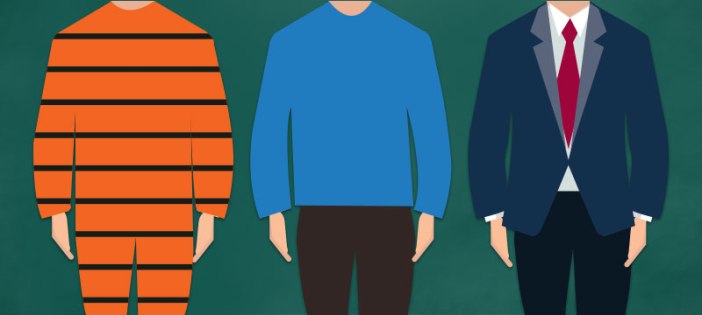
The concept of online identity is immediately relatable to idea of identity itself. As such, in order discuss the positive and negative aspects of having multiple online identities it is of paramount importance to first ascertain what is meant by ‘identity’.
According to the Oxford English dictionary, Identity can be defined as, ‘the fact of being who or what a person or thing is’. It seems then that in practical terms, the vast majority of us can relate to having a multitude of ‘identities’ that we use in different walks of life. Though these may only be very subtly different from one another, it is undeniable that our outwards personality will change when surrounded with different demographics. For example, one may act differently when in a work environment compared to relaxing at home when relaxing with friends and family. This is neither positive nor negative – it is perfectly normal and if anything, a healthy reflection of the adaptable nature of one’s personally.

Whilst social media is an entirely different medium to everyday physical life, this does not imply that we need behave any differently online as we do in person. Given the above, it seems somewhat ironic to suggest that possessing multiple identities online be considered an entirely bad thing.
However, the important discrepancy lies when one considers whether or not the average person is truly representative of himself or herself when using the Internet under an online identity. Christopher Poole, founder of 4chan feels that this is not the case, as he argues that the identity one may have on social media streams cannot be considered ‘authentic’. Furthermore, a paper produced by the Internet society claims that one’s online identity and one’s actual identities are separate, owing to the fact that the characteristics presented in both worlds differ. Here lies the crucial point; if the online identity that you present is different to any of your real world identities, then it could be that having multiple identities can be detrimental.
Many sources suggest that this is the case. The online magazine wired suggests that the reason social media sites such as whisper and secret is due to the online communities ever increasing desire for anonymity, in order to not risk compromising their real life personas. Therein lies the crux of the debate, if one intends on presenting online identities, it is probably safest that they are just as socially acceptable as the identities presented in the real world, else they run the risk of damaging both online and negative personas.
References
“Online Identity: Is Authenticity Or Anonymity More Important?”, the Guardian, 2016 <https://www.theguardian.com/technology/2012/apr/19/online-identity-authenticity-anonymity> [accessed 28 October 2016].
“To Be Or Not To Be, The Importance Of Digital Identity In The Networked Society”, Eft.educom.pt, 2016 <http://eft.educom.pt/index.php/eft/article/view/216/126> [accessed 28 October 2016].
“The Online Identity Crisis”, WIRED, 2016 <https://www.wired.com/insights/2014/11/the-online-identity-crisis/> [accessed 29 October 2016].
“Online Identity: Is Authenticity Or Anonymity More Important?”, the Guardian, 2016 <https://www.theguardian.com/technology/2012/apr/19/online-identity-authenticity-anonymity> [accessed 30 October 2016].
<http://www.internetsociety.org/sites/default/files/Understanding%20your%20Online%20Identity%20An%20Overview%20of%20Identity.pdf> [accessed 30 October 2016].